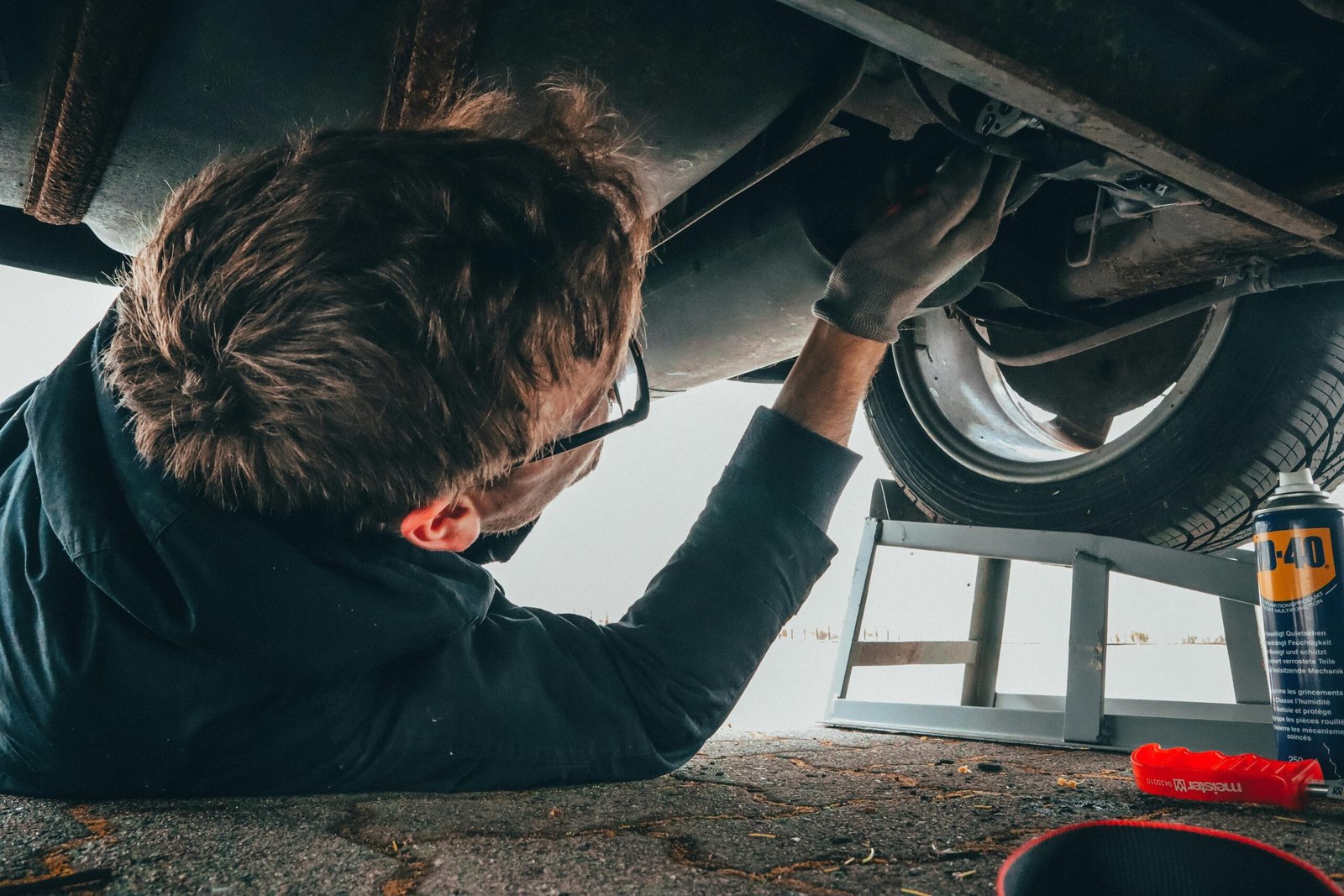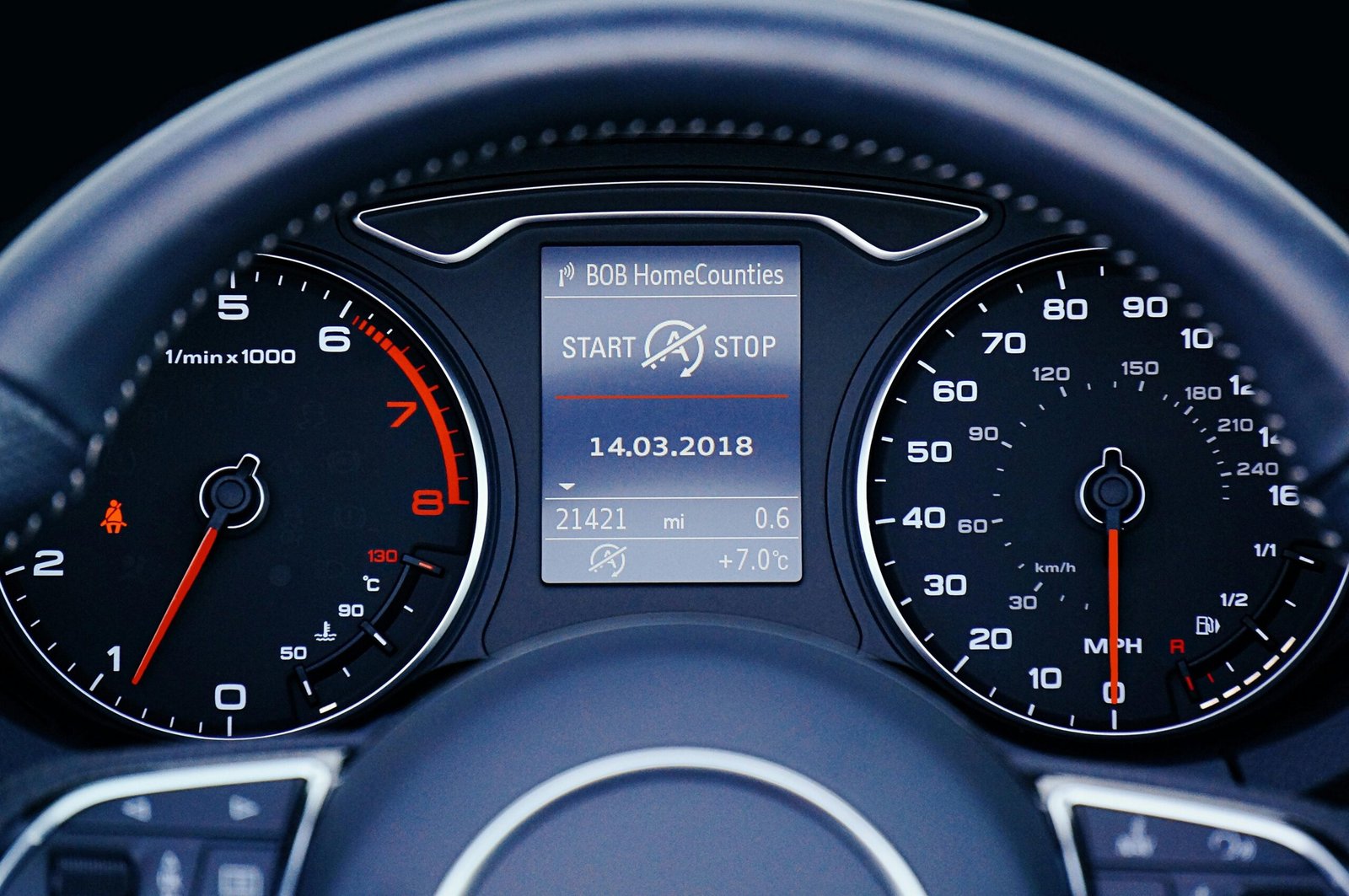Introduction to Used Car Warranties
When buying a used car, one major concern is the potential cost of future repairs and maintenance. A used car warranty can offer valuable peace of mind, covering unexpected repairs and providing a safety net against major mechanical failures. However, the specifics of these warranties can vary greatly, making it essential to understand what is available and what best suits your needs.
Understanding the nuances of used car warranties is crucial. They can range from limited coverage offered by dealerships to more comprehensive plans from manufacturers or third-party providers. This guide will help you navigate the complex world of used car warranties, ensuring you make an informed decision that aligns with your vehicle’s needs and your financial considerations.
Types of Used Car Warranties
Manufacturer’s Warranty
Manufacturer’s warranties on used cars are typically the remnants of the original new car warranty. These warranties are often highly sought after as they provide assurance from the vehicle’s maker and typically cover a wide range of components. However, the extent of coverage can vary depending on how much of the original warranty period remains.
Extended Warranty
An extended warranty, as the name suggests, prolongs the duration of coverage beyond the manufacturer’s original warranty. These warranties can be customized to a certain extent, allowing car owners to choose the level of coverage that best suits their needs. However, it’s important to weigh the cost against the likelihood of needing extensive repairs.
Dealer Warranty
Dealer warranties on used cars are usually shorter in duration and may be more limited in coverage compared to manufacturer warranties. They are often included in the purchase price of the vehicle and can provide short-term protection against certain defects. It’s important to read the terms carefully, as dealer warranties can vary significantly from one dealership to another.
Third-Party Warranty
Third-party warranties offer an alternative to manufacturer and dealer warranties. These can range from basic to comprehensive coverage and are provided by companies specializing in aftermarket warranty services. While they can offer more flexible coverage options, it’s crucial to research the provider’s reliability and the specifics of the contract before purchasing.
What Do Use Car Warranties Cover?
Comprehensive Coverage
Comprehensive warranties are the most inclusive, covering most parts and systems of the car. This type of warranty can be a wise choice for older cars or models known for expensive repairs. However, even comprehensive warranties have their limitations and typically do not cover routine maintenance or wear and tear.
Powertrain Coverage
Powertrain warranties cover the essential components of the car’s drivetrain: the engine, transmission, and the components that deliver power to the wheels. These parts are crucial for the car’s operation and can be expensive to repair or replace, making this type of coverage particularly valuable for used car buyers.
Additional Coverage Options
In addition to the standard coverage, many warranties offer additional benefits like roadside assistance, towing services, and rental car reimbursement during repairs. These extras can add significant value to a warranty package, especially for those who rely heavily on their vehicle for daily commuting or long-distance travel.
Understanding Warranty Terms and Conditions
Duration and Mileage Limits
The effectiveness of a warranty largely depends on its duration and mileage limits. These parameters define how long the coverage lasts and how many miles it covers, respectively. It’s important to choose a warranty that aligns with your driving habits to ensure you remain protected as long as you need.
Exclusions and Limitations
Warranty contracts often have a list of exclusions which detail what is not covered. Common exclusions include damage from accidents, environmental factors, and improper maintenance. Understanding these limitations is crucial to avoid surprises when a repair is needed.
Transferability
The ability to transfer a warranty to a new owner can add value to your vehicle if you decide to sell it. However, not all warranties are transferable, and some may require a fee or administrative process to transfer. This feature is especially important for those who don’t plan to keep the car for the entire duration of the warranty.
Evaluating the Need for a Warranty
Assessing Vehicle Reliability
The reliability of the vehicle model can significantly impact the need for a warranty. Some models are known for their durability and low maintenance costs, which might reduce the need for extensive warranty coverage. Researching the reliability ratings and common issues of the model can guide this decision.
Consideration of Vehicle Age and Condition
The age and condition of the used car are crucial factors in deciding on a warranty. Older vehicles or those with high mileage are more likely to encounter mechanical problems, making a warranty more appealing. However, the cost of the warranty should be balanced against the car’s value and potential repair costs.
Personal Budget and Coverage Costs
A warranty can be a significant investment, and its cost should be weighed against your personal budget and the potential savings on future repairs. In some cases, setting aside a fund for repairs may be more cost-effective than investing in a warranty, especially for highly reliable or less expensive vehicles.
FAQs
Q: How do I know if my used car is still under the manufacturer’s warranty?
A: You can check the warranty status of your used car by contacting the manufacturer with the vehicle’s VIN (Vehicle Identification Number). They can provide details on any remaining coverage.
Q: Are all types of repairs covered under a used car warranty?
A: No, warranties typically exclude certain types of repairs, such as routine maintenance, wear and tear items, and damages resulting from accidents or neglect.
Q: Can I cancel an extended warranty if I change my mind?
A: Most extended warranties allow for cancellation within a certain period for a full or partial refund. However, the specifics depend on the warranty provider and the terms of the contract.
Conclusion
In conclusion, a warranty can be a valuable addition to a used car purchase, offering protection against unexpected repair costs and peace of mind. However, it’s important to carefully consider the type of warranty, what it covers, its terms and conditions, and how it aligns with your specific needs and circumstances. By understanding these aspects, you can make an informed decision that balances cost with the benefits of coverage.




